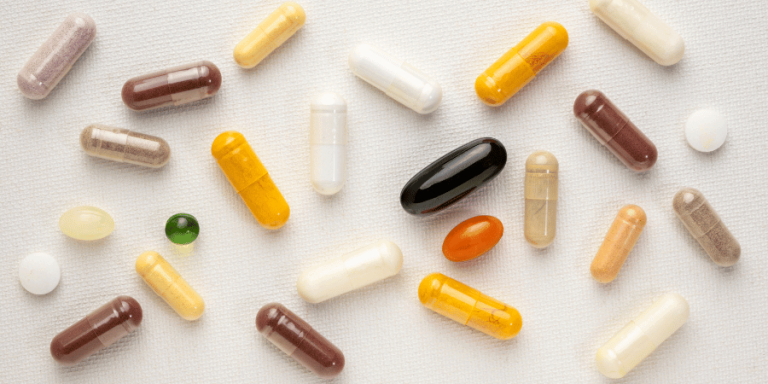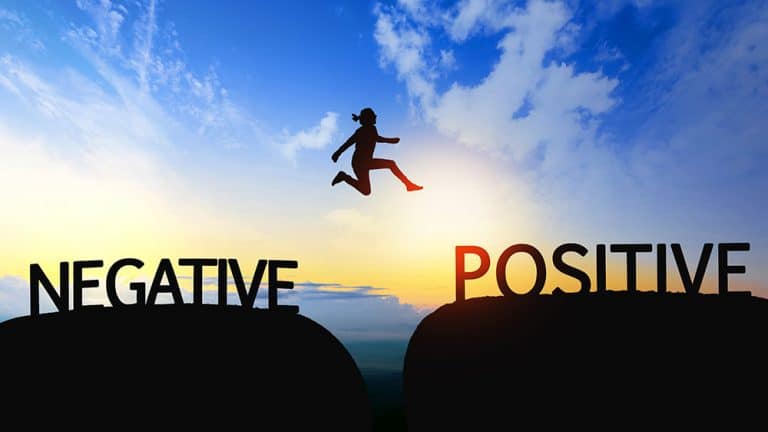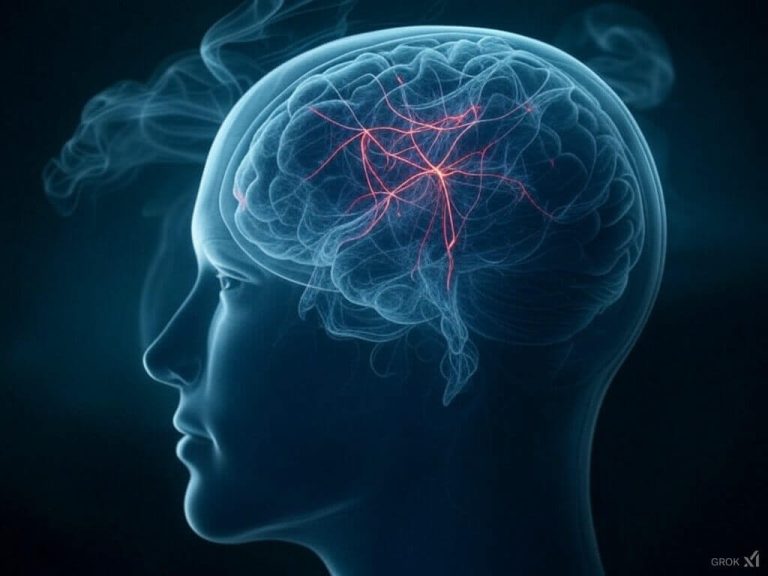Nootropics, also known as smart drugs, have seen increased use over the past few years by those who hope to gain a cognitive edge. As of 2021, the global nootropics market was valued at $10.69 billion and is expected to grow at a yearly rate of almost 15%.
But where there is money to be made there are inevitably some who will take advantage by pushing false or misleading information to make a quick buck. The rapid rise in nootropic suppliers forced the US Food and Drug Administration (FDA) to warn that such supplements “may be ineffective, unsafe, and could prevent a person from seeking an appropriate diagnosis and treatment.”
With so much conflicting information, how do you know which nootropic brain supplements actually work? Where can you find reliable information about their benefits, potential side effects, and whether they might work for you? Most importantly, how do you navigate marketing misinformation?
This article will overview the most commonly used nootropics available today and, using the latest scientific research for each, which have shown promise and which are likely marketing gimmicks, ultimately helping you make the smart choice.
What are Nootropics?
Nootropics might sound like a strange name, but it consists of the Greek words nöos, which means thinking, and tropein, which means to guide. Hence the belief that nootropics can help guide and manage your thoughts for better cognitive functioning.
Nootropics (also known as cognitive enhancers) were originally developed to increase function in the cognitively impaired, such as those with neurodevelopmental conditions like age-related cognitive decline and attention deficit hyperactivity disorder (ADHD).
Naturally, the cognitive benefits of such disorders have piqued interest in those who are not impaired but wish to push their performance past normal. Studies commonly cite a number between 10-15% for consumption of nootropics, not for non-medical reasons, but as an attempt to increase cognitive performance.
Nootropic Benefits
The benefits of nootropics vary depending on the compound used, the dosage, and the degree to which a person feels these benefits depend on the individual. Some of the most common benefits, however, include:
- Improved cognitive function: Nootropics may enhance various aspects of cognitive performance, such as memory, learning, attention, and problem-solving abilities.
- Increased focus and concentration: Some nootropics are believed to help individuals stay more focused and attentive, potentially leading to increased productivity.
- Enhanced memory retention and recall: Nootropics may improve both short-term and long-term memory, making it easier to remember and recall information.
- Mental clarity and reduced brain fog: Users report experiencing a clearer and more organized thought process when taking certain nootropics.
- Neuroprotection: Some nootropics have been studied for their potential to protect brain cells from damage and reduce cognitive decline associated with aging or neurodegenerative diseases.
- Stress reduction: Certain nootropics may have adaptogenic properties that help the brain and body better cope with stress, promoting a calmer and more focused state of mind.
- Enhanced creativity and problem-solving: Some individuals claim that nootropics can boost creativity and help with creative thinking and problem-solving tasks.
- Improved mood and motivation: Certain nootropics may influence neurotransmitters related to mood, potentially leading to a more positive outlook and increased motivation.
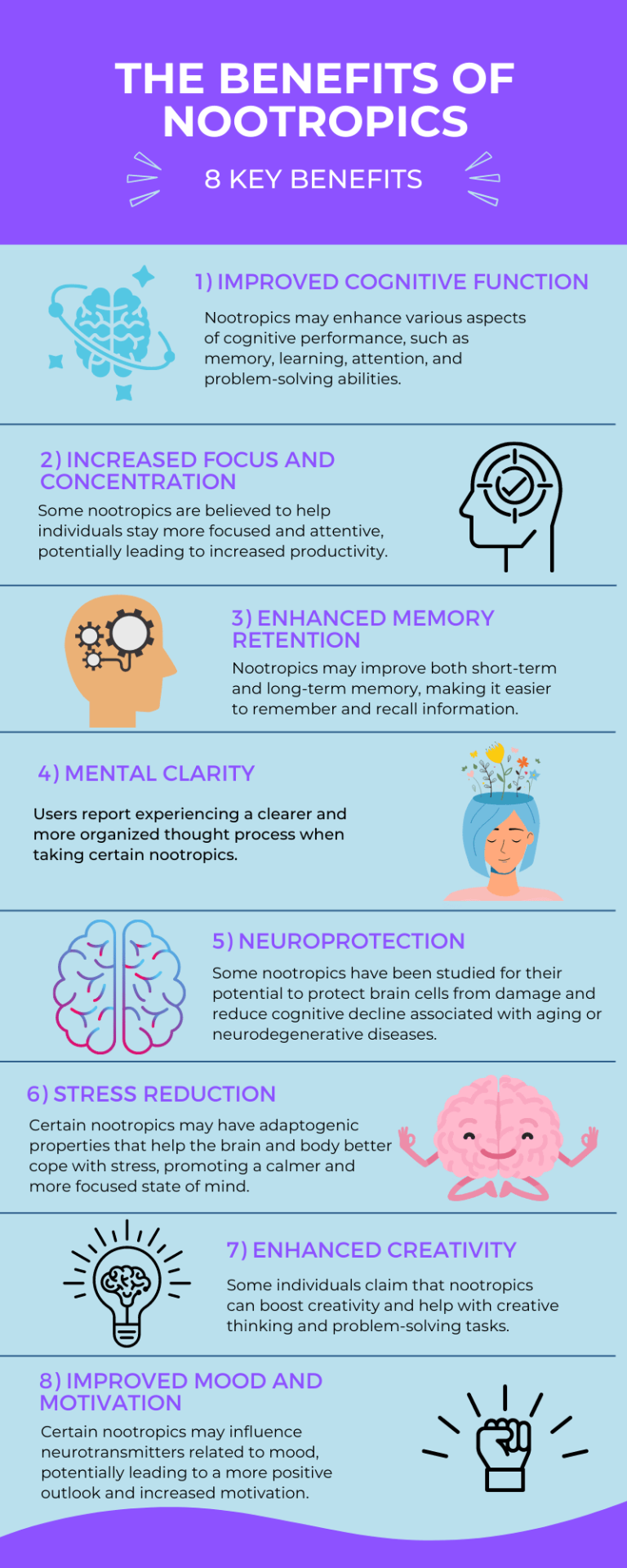
Advantages and Disadvantages of Natural vs. Synthetic Nootropics
Nootropics can be broadly separated into two distinct groups; natural and synthetic.
Natural nootropics originate from plant organs, such as flowers, leaves, and roots, relying on the tried and tested mechanisms natural medicines have relied on for centuries.
The indisputable advantage of natural-origin drugs is that they can have a greater variety of beneficial pharmaceutical effects. Ashwagandha, an Indian root available in various forms (supplements, powders, and teas), has been shown to reduce stress and inflammation while improving cognitive function and sleep.
Such benefits are possible due to the diverse composition of substances in a herbal drug that can have synergistic or compounding effects. Natural nootropics also tend to have lower toxicity, reducing the possibility of overdose or substance abuse.
Synthetic compounds, on the other hand, are produced in a laboratory that allows for greater quality control and an increase in potency through careful modification of the chemical structure.
As a result, lower dosages can be used to extract maximum effect. Conversely, it may also entail a greater risk of overdose.
Because of their increased potency, synthetic drugs can be more effective but also have a greater potential to cause adverse effects. As such, one must seek qualified medical advice before taking any prescription or non-prescription synthetic compounds.
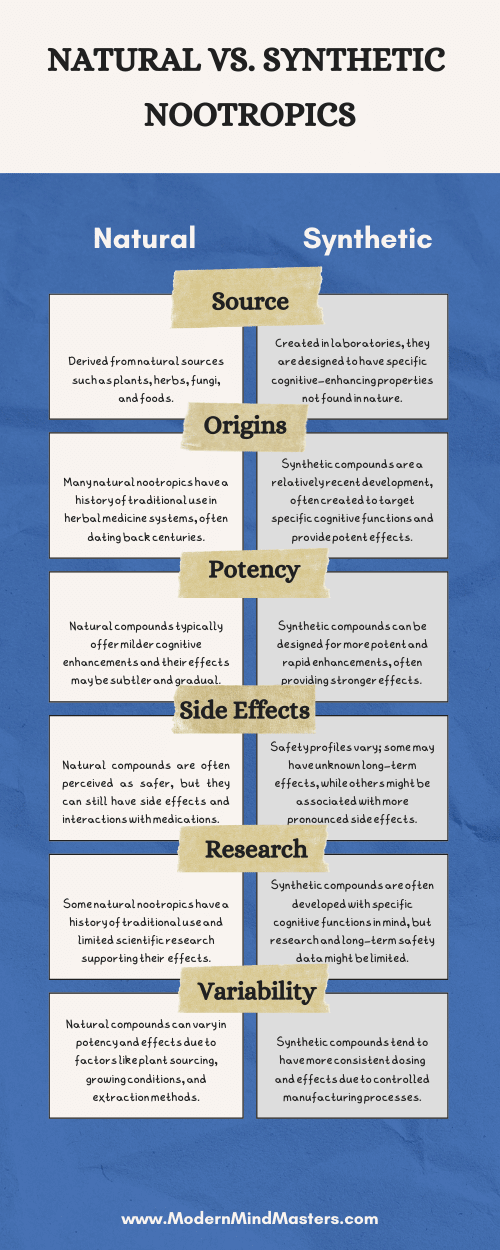
The 10 Most Common Nootropics
1) Modafinil
Modafinil, a prescription medication used to promote wakefulness and treat certain sleep disorders, is often touted by users as one of the best nootropics available.
Its official use is for narcolepsy, Sleep Work Shift Disorder (SWSD), and obstructive sleep apnea, helping to maintain or recover wakefulness when sleep deprived. It is also used in “off-label” cases, such as Attention Deficit Hyperactivity Disorder (ADHD), where it helps to increase concentration and reduce impulsivity.
Despite thousands of anecdotal evidence on forums across the internet of Modafinil’s potential as a nootropic, no scientific research can yet back up these claims.
This study from The Association of Military Surgeons tested its use on military personnel and found that enhancing effects of Modafinil was beneficial only in persons with an initial lower performance level. In healthy and high-functioning individuals, no difference was observed. As a result, they advised against its use as a cognitive enhancer in military contexts that do not involve sleep deprivation.
A 2019 meta-analysis of 19 placebo-controlled trials came to a similar finding, concluding that available evidence indicates limited potential for Modafinil to act as a cognitive enhancer outside sleep-deprived populations.
While generally a well-tolerated stimulant, around 10% of users report adverse effects of headache, nausea, and decreased appetite, while 5% to 10% note feelings of anxiety, insomnia, dizziness, diarrhea, and rhinitis.
While these risks are generally accepted as an adequate trade-off for sleep-deprived subjects (considering the risk of sleep deprivation to performance), this reasoning cannot be extended to non-sleep-deprived individuals where research has shown little to no benefit.
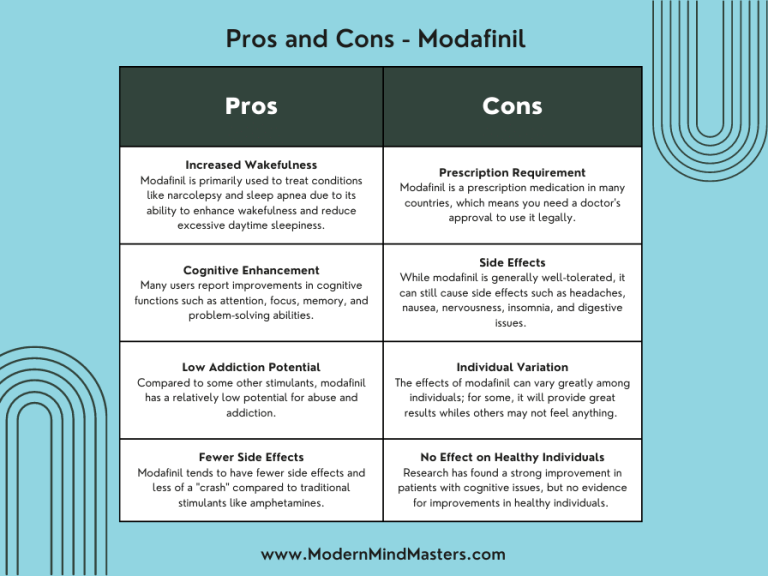
2) Creatine
Creatine is most commonly known as a supplement to increase athletic performance by improving energy supply to muscle tissues, having been well-researched for this purpose. Its effects are quite notable for a supplement, both in the general population and specifically in older adults.
Creatine is also an essential brain compound, leading some to theorize that it might aid cognition by improving energy supply and neuroprotection.
A 2018 systematic review (six studies over 281 individuals) found evidence for short-term memory and intelligence/reasoning improvements from creatine administration.
Interestingly, vegetarians responded better than meat-eaters in memory tasks, presumably because creatine is found in higher doses in meat, which vegetarians are likely to avoid. For domains other than memory, no differences were observed.
No change in any cognitive performance was found in young individuals, while cognitive processing and psychomotor performance in cognitively impaired individuals were significant.
There is also some preliminary evidence to suggest that creatine may reduce symptoms of depression, especially in conditions characterized by brain creatine deficits, which could be induced by acute stressors (exercise, sleep deprivation) or chronic, pathologic conditions (mild traumatic brain injury, aging, Alzheimer’s disease, depression).
While creatine is often thought to cause kidney problems, no literature supports this. Creatine monohydrate is safe to use at around 0.03 g/kg/day, but sufficient quantities can be obtained naturally through a well-balanced diet including red meats.
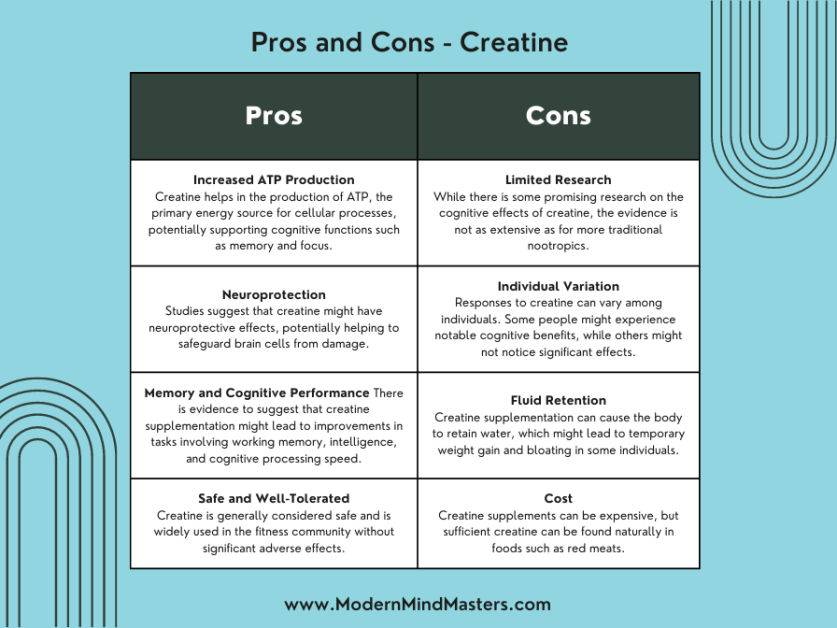
3) Noopept
Noopept may sound strange, but it is much easier than remembering its scientific name: N-phenylacetyl-L-prolylglycine ethyl ester.
It is considered a nootropic based on evidence of its neuroprotective and cognitive-enhancing properties. In particular, it may increase brain-derived neurotrophic factor (BDNF), a protein that helps establish neural connections and neurotransmission.
A commonly referenced Russian study conducted on rats suggests that Noopept works by increasing antioxidant effects, improving anti-inflammatory action, and increasing the ability to inhibit the neurotoxicity of excess calcium and glutamate.
Not many studies have explored the use of Noopept as a cognitive enhancer, and the promotion of Noopept as beneficial for brain health is based mostly on studies where it was administered to rodents with brain damage.
Just one trial involving humans found that Noopept supplementation improved cognitive function, although this small group had a mild cognitive impairment resulting from a stroke.
Some side effects have been experienced by users, particularly sleep disturbances, irritability, and increased blood pressure. More in-depth and longer-term studies on the side effects and safety of Noopept are yet to be performed, so discretion is advised.
4) Piracetam
Piracemtam is a specific type of racetam, a class of synthetic compounds that share a similar chemical structure and are often used to enhance cognitive function and memory.
At a neuronal level, piracetam can be thought of as a general modulator, ensuring neurotransmission systems, such as cholinergic and glutamatergic systems, are effectively regulated. Because piracetam can enhance cellular membrane fluidity so well, it is often used to improve cognition in the elderly.
Whether or not piracetam can improve general cognition when supplemented by healthy individuals is yet to be evidenced; according to this meta-analysis, piracetam can improve functioning in people in a state of cognitive decline, especially the kind that comes with aging.
One study, however, did find that piracetam enhanced memory and learning and acted synergistically with choline to further enhance some aspects of cognition.
The standard dose of piracetam for adults is between 1,200-4,800mg a day, while the largest effective dose is 1,600mg, taken three times a day for a total of 4,800mg.
5) Alpha-GPC
Alpha-GPC (alpha-glycerophosphocholine) is a choline-containing compound found naturally in the brain and in small amounts in certain foods. It is a precursor to acetylcholine, a neurotransmitter involved in various cognitive functions such as memory, learning, and attention.
Several studies in rodents support the enhancement of such functions, but it has yet to be shown in otherwise healthy humans. This study showed how alpha-GPC supplementation can improve cognitive symptoms, especially memory, and attention, in older adults with mild to moderate dementia.
Alpha-GPC is generally well tolerated, and serious side effects have not been reported in human trials at 1,200 mg daily for six months. Subjective experiences on forums such as Reddit, however, have indicated a common theme of worsening systems of depression, although this is purely speculative and anecdotal.
6) Ashwagandha
Although it may sound like a spell from Harry Potter, ashwagandha, a herb used in traditional Indian medicine, has been utilized for centuries for its wide range of health benefits.
Ashwagandha has been shown in studies on rodents and cell cultures to be an adaptogen, meaning it strengthens the body’s resilience to stress. It is also known for its anxiolytic (anti-anxiety) effects and is commonly taken to improve sleep time and quality in those with and without insomnia.
The few studies performed on healthy individuals, however, have failed to demonstrate inherent benefits on memory and learning, suggesting again that while benefits are evident for those who are cognitively deficient, the effects are much more nuanced in healthy individuals.
Ashwagandha appears to be safe, but some report feelings of drowsiness (this may seem obvious as it is used to aid sleep). Studies have used daily dosages ranging from 120-5,000 mg of root extract, with the most common dosage being 600 mg daily divided into two doses (breakfast and evening).
7) Fish Oil
While fish oil may seem an unlikely contender in the battle of best smart drugs, two of its omega-3 fatty acids, eicosapentaenoic acid (EPA) and docosahexaenoic acid (DHA), have proved themselves worthy.
Both EPA and DHA are involved in regulating various biological processes, such as the inflammatory response, metabolic signaling, and brain function. EPA, in particular, has also been found to improve mood in people with depression while enhancing resilience to stress.
As a nootropic, fish oil has been found to improve learning and memory function in age-related cognitive decline when taken in a twenty-four-week supplementation with 900 mg per day of DHA. While found to be a beneficial supplement that supports cognitive health with aging, no specific evidence has been found in healthy individuals.
Because of fish oils’ myriad health benefits, there is no harm in adding DHA and EPA into your diet. While supplements exist, the recommended 250mg of combined EPA and DHA for regular health can be obtained by consuming fish.
8) L-Tyrosine
L-tyrosine, a naturally occurring amino acid, may act indirectly to improve cognitive function by alleviating stress-induced cognitive decline.
It is the precursor to compounds such as dopamine and norepinephrine, neurotransmitters that are well-researched and known to have a significant effect on stress, anxiety, and general cognitive health.
The main benefits of L-tyrosine are related to its ability to replenish catecholamine levels in the brain, a group of neurotransmitters and hormones that play crucial roles in the physiological responses to stress and regulation of mood, which can become depleted under stressful conditions.
While multiple studies have demonstrated that L-tyrosine can help improve mental function in cognitively demanding conditions, no research has yet demonstrated improvements in memory in those with normal and healthy natural levels. This may be partially explained by the fact that L-tyrosine increases catecholamine synthesis only when levels are depleted; no increase will be found when levels are already normal.
L-tyrosine tends to be taken in doses between 500 and 2000 mg, approximately 30 minutes before any acute stressor (including exercise). It appears to be safe and well-tolerated at moderate doses, with no known adverse effects.
9) Caffeine
Caffeine has long been known for its powerful effects on mental alertness, especially when tired and unmotivated. Around 65% of Americans rely on this miracle compound every morning for its ability to get them through a long day.
Caffeine acts differently than most other nootropics; it is a direct and potent stimulant to improve physical strength and endurance. It is classified as a nootropic for its ability to sensitize neurons and provide mental stimulation.
The main mechanism for caffeine’s effect relies on antagonizing adenosine receptors, a protein that binds to adenosine which causes relaxation and sedation when acting upon its receptor. Caffeine prevents this action by blocking the receptor, inducing temporary feelings of alertness and wakefulness.
Caffeine is most often consumed through beverages like coffee, tea, and energy drinks. It can also be taken in pill form, often without the adverse effects of some caffeine beverages, specifically those with high sugar content.
Research suggests that caffeine improves short-term and working (longer-term) memory, crucial for tasks that require holding and manipulating information, and hence can increase cognitive functioning. Other studies have also found improvements in reaction time and decision-making.
Dosages vary widely and depend on individual metabolism. As those who have consumed caffeine for long periods will know, it is subject to tolerance, and the effects may lose their potency in people already accustomed to caffeine intake, no matter how large the dose.
10 ) Phenylethylamine (PEA)
Phenylethylamine (PEA), also known as beta-phenylethylamine or 2-phenylethylamine in scientific literature, is a central nervous system (CNS) stimulant. Healthy and naturally occurring levels of PEA in the body support energy levels, attention, focus, and cognitive function.
Preliminary data has found that PEA may help improve mood and increase focus and attention and has also been shown to be highly synergistic with other nootropics. It should not, however, be taken with other medications that increase serotonin as it can lead to unhealthily high levels.
Unlike other classic neurotransmitters, such as dopamine and serotonin, PEA is present only in small quantities in the brain. Clinicians tend to start their patients on lower dosages, gradually increasing them to between 100 and 500 mg daily.
There is no need for supplemental pills; they can be found naturally in several food sources like almonds, chickpeas, eggs, and soybeans.
Exercise has also been shown to increase PEA levels; one study found an increase in PEA of 77% after exercise, according to 24-hour urine samples from healthy men.
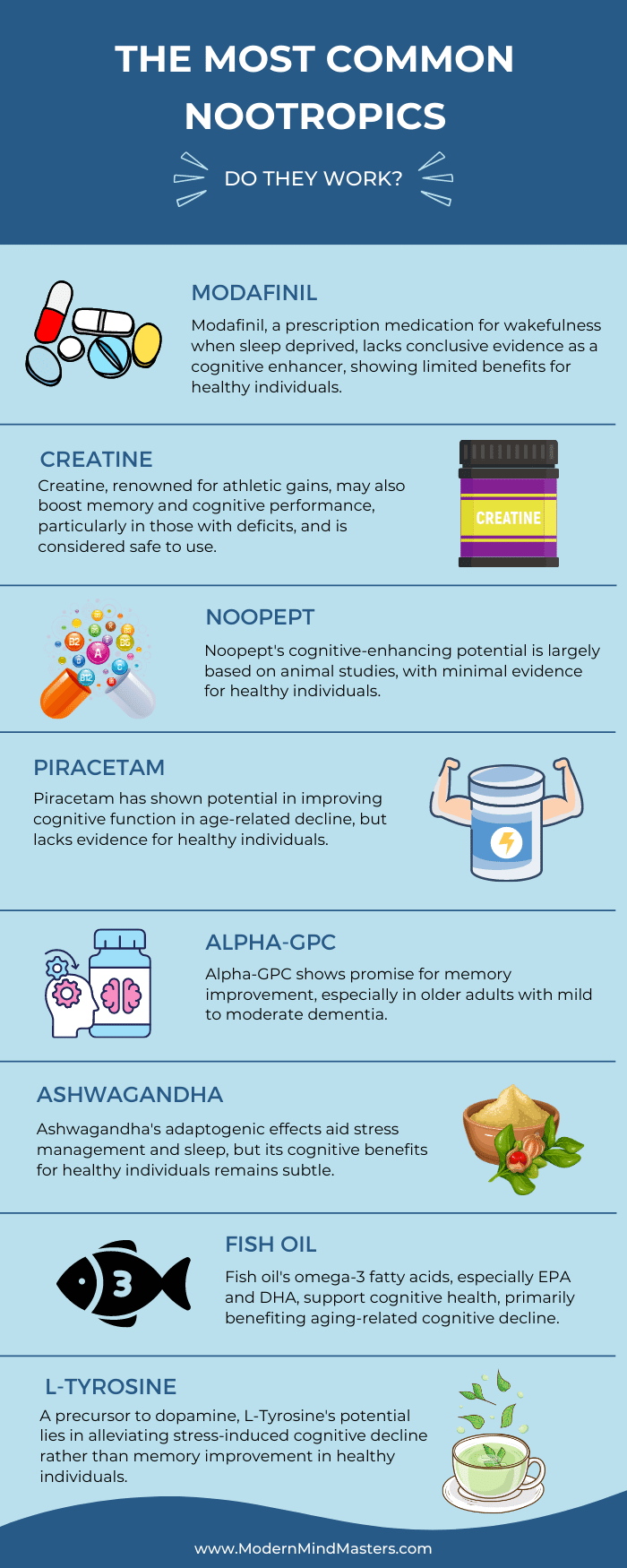
Conclusion
In the enticing landscape of cognitive enhancement, the allure of nootropics has grown substantially, fueled by a desire for improved mental clarity, focus, and memory. The global nootropics market has surged, reflecting the widespread interest in these “smart drugs.” But it is also a victim of its own success – the rapid proliferation of nootropic products has given rise to a market rife with misinformation and dubious claims.
Navigating through the dense thicket of marketing hype and exaggerated promises is a daunting task, especially when seeking genuine cognitive enhancement. By delving into the scientific research behind each compound, however, we reveal a multifaceted landscape where benefits vary depending on the compound, dosage, and individual response.
Natural nootropics, rooted in ancient herbal traditions, offer diverse potential benefits. Ashwagandha stands as a testament to the wisdom of traditional practices, demonstrating stress-reducing and sleep-enhancing properties. Yet, the effect on healthy individuals remains minor.
In contrast, synthetic nootropics, meticulously crafted in laboratories, boast precise control over potency and quality. Compounds like modafinil and Noopept offer tantalizing prospects, yet the scientific evidence paints a more tempered picture.
Creatine, commonly lauded for its athletic benefits, emerges as an unexpected contender in the cognitive arena. It’s potential to enhance memory and intelligence, particularly in cognitive-impaired individuals, challenges preconceived notions of nootropics’ sources and effects.
Caffeine, a staple of many morning routines, brings a jolt of wakefulness and mental stimulation. While its impact on alertness is undeniable, the complexities of its interplay with cognitive function warrant a closer look, especially in the context of long-term consumption.
Among the research emerges a recurring theme; nootropics have been found effective in improving cognitive function in those with cognitive impairments, especially the effects of old age, but provide no tangible and substantial effect in those who are healthy.
In a world inundated with promises of cognitive transcendence, the path forward lies in balanced skepticism and reliance on reputable scientific inquiry. While nootropics won’t turn you into the next Einstein, they may provide a temporary boost for those who need a helping hand.
FAQs
What does a Nootropic do?
Nootropics (also known as smart drugs or cognitive enhancers) are natural or synthetic compounds taken to improve mental function, especially memory, focus, and perfomance.
Do Nootropics (Cognitive Enhancers) Work?
Scientific research shows the cognitive enhancing effects from nootropics are mostly notable in those with cognitive impairments; little evidence shows benefits in healthy individuals.
What are the Best Nootropic Supplements?
Natural nootropic compounds, such as those derived from plant extracts, provide numerous health benefits without much the adverse effects of synthetic compounds.
